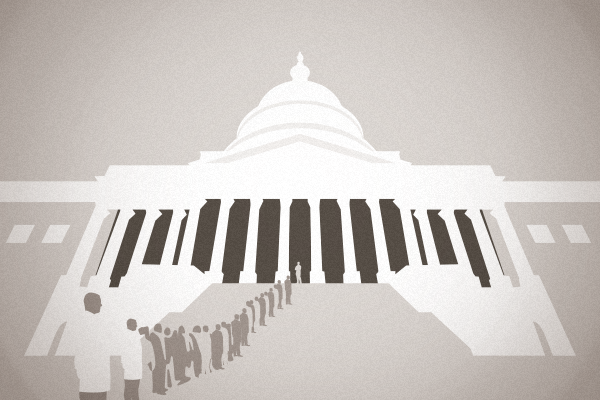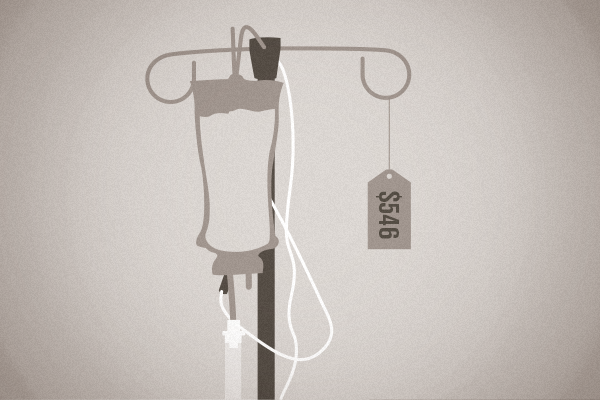In Washington, Amitabh Chandra stood before a roomful of economists, policy makers and health care experts earlier this month. As director of Health Policy Research at Harvard’s Kennedy School of Government, he closed a presentation about the slowdown in health care spending over the last decade by citing an article in The New York Times.
“Changes in the way doctors and hospitals are paid — how much and by whom — have begun to curb the steady rise of health care costs in the New York region,” the article declared. “Costs are still going up faster than overall inflation, but the annual rate of increase is the lowest in 21 years.”

